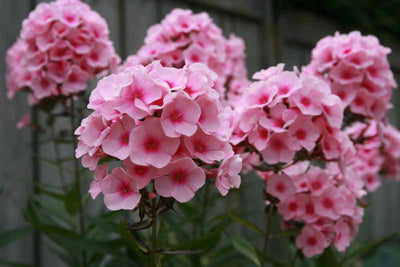Plant Library
Height: 24 inches
Spacing: 18 inches
Sunlight:
![]()
![]()
Hardiness Zone: (annual)
Other Names: Pak Choi, Chinese Cabbage
Description:
A cool season, frost hardy selection perfect for staggered planting; dark green leaves with white stalks grow upwards of 20 inches tall; sweet and tender, great for oriental dishes, soups and stews; harvest at 10 inches for a lovely addition to salads
Edible Qualities
Bok Choy is an annual vegetable plant that is commonly grown for its edible qualities. The oval dark green leaves with distinctive creamy white veins are usually harvested from early spring to mid fall. The leaves have a sweet taste and a crisp texture.
The leaves are most often used in the following ways:
- Eating When Cooked/Prepared
- Cooking
- Baking
Planting & Growing
Bok Choy will grow to be about 24 inches tall at maturity, with a spread of 18 inches. When planted in rows, individual plants should be spaced approximately 18 inches apart. This fast-growing vegetable plant is an annual, which means that it will grow for one season in your garden and then die after producing a crop. Because of its relatively short time to maturity, it lends itself to a series of successive plantings each staggered by a week or two; this will prolong the effective harvest period.
This plant is typically grown in a designated vegetable garden. It does best in full sun to partial shade. It does best in average to evenly moist conditions, but will not tolerate standing water. It is not particular as to soil pH, but grows best in rich soils. It is somewhat tolerant of urban pollution. Consider applying a thick mulch around the root zone over the growing season to conserve soil moisture. This species is not originally from North America, and it is considered by many to be an heirloom plant.
Bok Choy is a good choice for the vegetable garden, but it is also well-suited for use in outdoor pots and containers. With its upright habit of growth, it is best suited for use as a 'thriller' in the 'spiller-thriller-filler' container combination; plant it near the center of the pot, surrounded by smaller plants and those that spill over the edges. It is even sizeable enough that it can be grown alone in a suitable container. Note that when growing plants in outdoor containers and baskets, they may require more frequent waterings than they would in the yard or garden.





